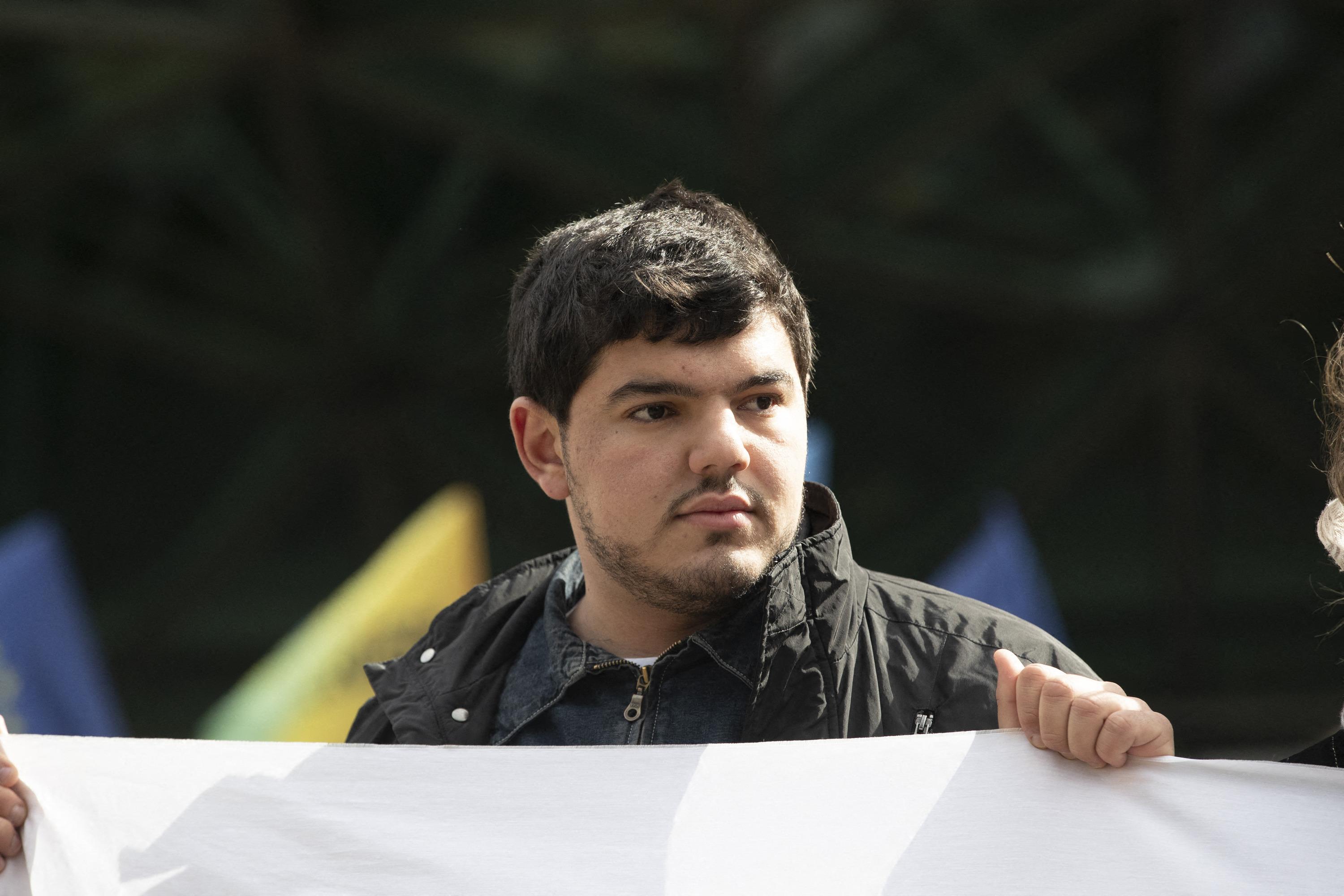Marseille's Struggle with Narcotrafic Violence Intensifies After Mehdi Kessaci's Murder
After Mehdi Kessaci's murder, Marseille confronts rising drug-related violence with calls for state intervention and police reinforcement from his brother and the city mayor.
- • Mehdi Kessaci was murdered on November 13 in Marseille, prompting public condemnation from his brother Amine.
- • Amine Kessaci urges the government to act against narcotrafic and invest in affected neighborhoods.
- • Marseille’s mayor Benoît Payan highlights critical police understaffing and calls for specialized anti-organized crime measures.
- • There are calls to restore public services and educational support to address the root causes of drug trafficking violence.
Key details
Marseille faces escalating narcotrafic-related violence highlighted by the recent murder of Mehdi Kessaci on November 13. Mehdi's brother, Amine Kessaci, a 22-year-old environmental activist, publicly condemned the ongoing drug violence in a tribute published in Le Monde, saying, “I will not remain silent.” He called on the government to acknowledge the crisis's severity and take decisive action to support affected neighborhoods and law enforcement (149870, 149910).
Amine detailed his family’s tragic history, noting the earlier loss of another brother, Brahim, in 2020, who was found burned in a vehicle. He emphasized that drug trafficking constitutes a life-and-death struggle in Marseille and urged the state to restore public services in marginalized neighborhoods, address educational deficiencies, and provide adequate resources for police to combat narcotrafic and support victims' families (149870).
In response to the surge in violence, Marseille’s mayor, Benoît Payan, also sounded alarms about the city’s undermanned police force. Since September, Payan has received 402 death threats amid his outspoken criticism of narcotrafic. He highlights the police’s misplaced focus on immigration rather than drug trafficking enforcement and points out that despite reinforcements since 2021, police staffing remains insufficient. Payan lamented the removal of the Marseille prefect role, arguing it weakened oversight on organized crime, and advocated for establishing the Pnaco—an anti-organized crime prosecutor’s office—in Marseille by January 2026. However, he dismissed calls for a state of emergency, emphasizing resilience over fear (149983).
This confluence of public outcry and municipal concern underscores the critical need for comprehensive state intervention in Marseille. The calls prioritize increased policing resources, community support, and strategic legal actions as vital to curbing the narcotrafic violence rampaging through the city.
As the city grapples with this crisis, the demands from both the Kessaci family and Mayor Payan signal a pressing test for the government’s commitment to public safety and support for vulnerable communities in France’s southern port city.
This article was translated and synthesized from French sources, providing English-speaking readers with local perspectives.
Source articles (3)
Source comparison
Latest news
Pau's Local Election Campaign Gathers Momentum Amid Broader Political and Economic Concerns
French Companies and Regions Accelerate Efforts in Nature-Related Economic Transition
France Heightens Military Readiness Amid Iran Conflict, Pledges Defense Support to Gulf States
Jean-Luc Mélenchon Faces Accusations of Antisemitism Over Joke on Raphaël Glucksmann's Name
Tensions and New Faces Mark the 2026 French Municipal Elections
France Bolsters Military Presence in Gulf Following Iranian Drone Attacks
The top news stories in France
Delivered straight to your inbox each morning.


